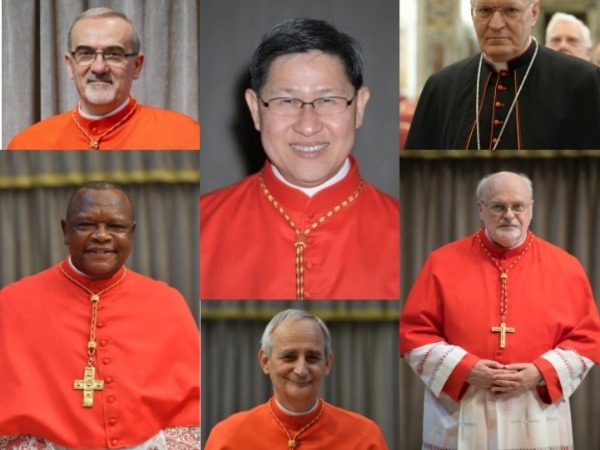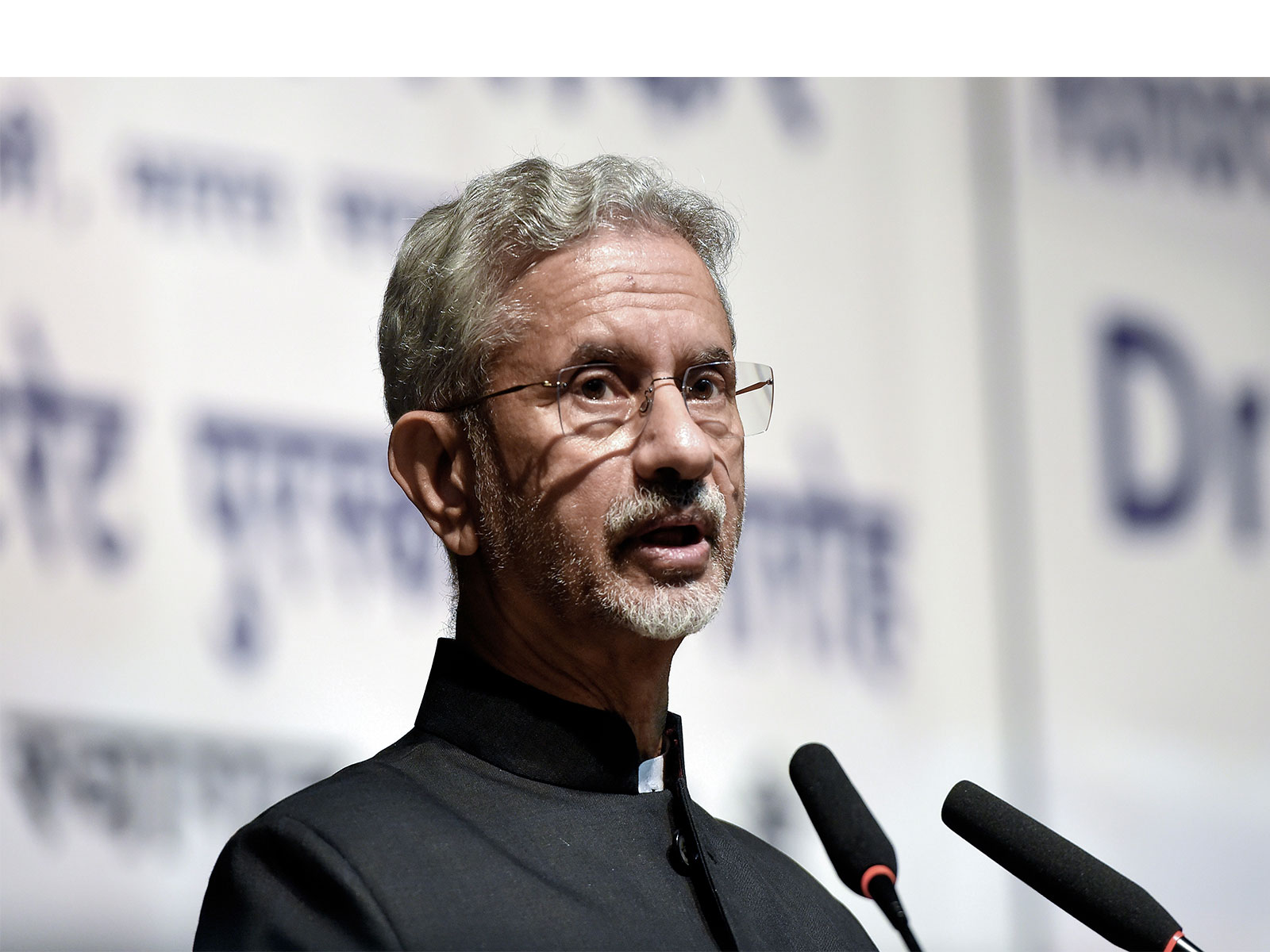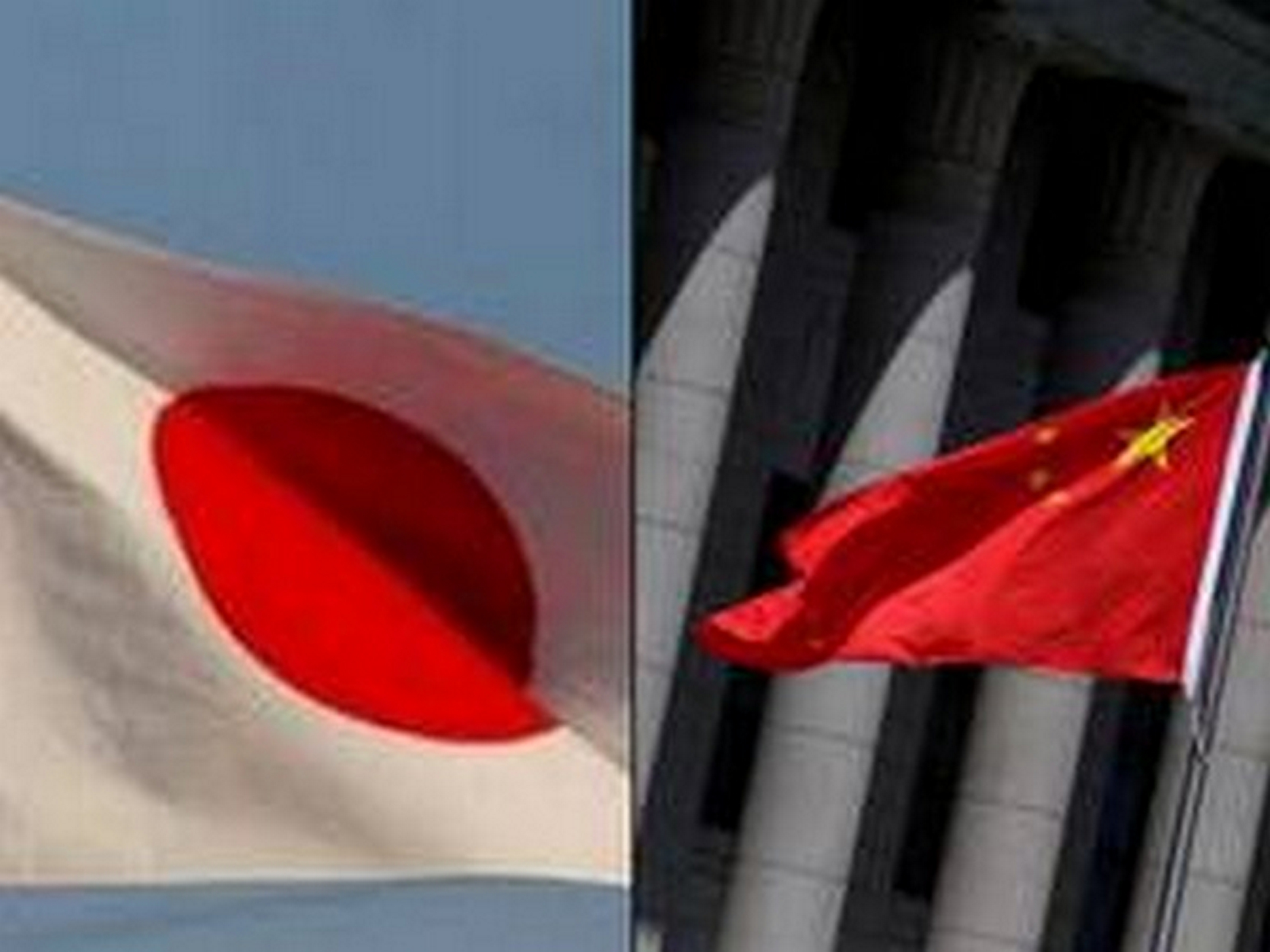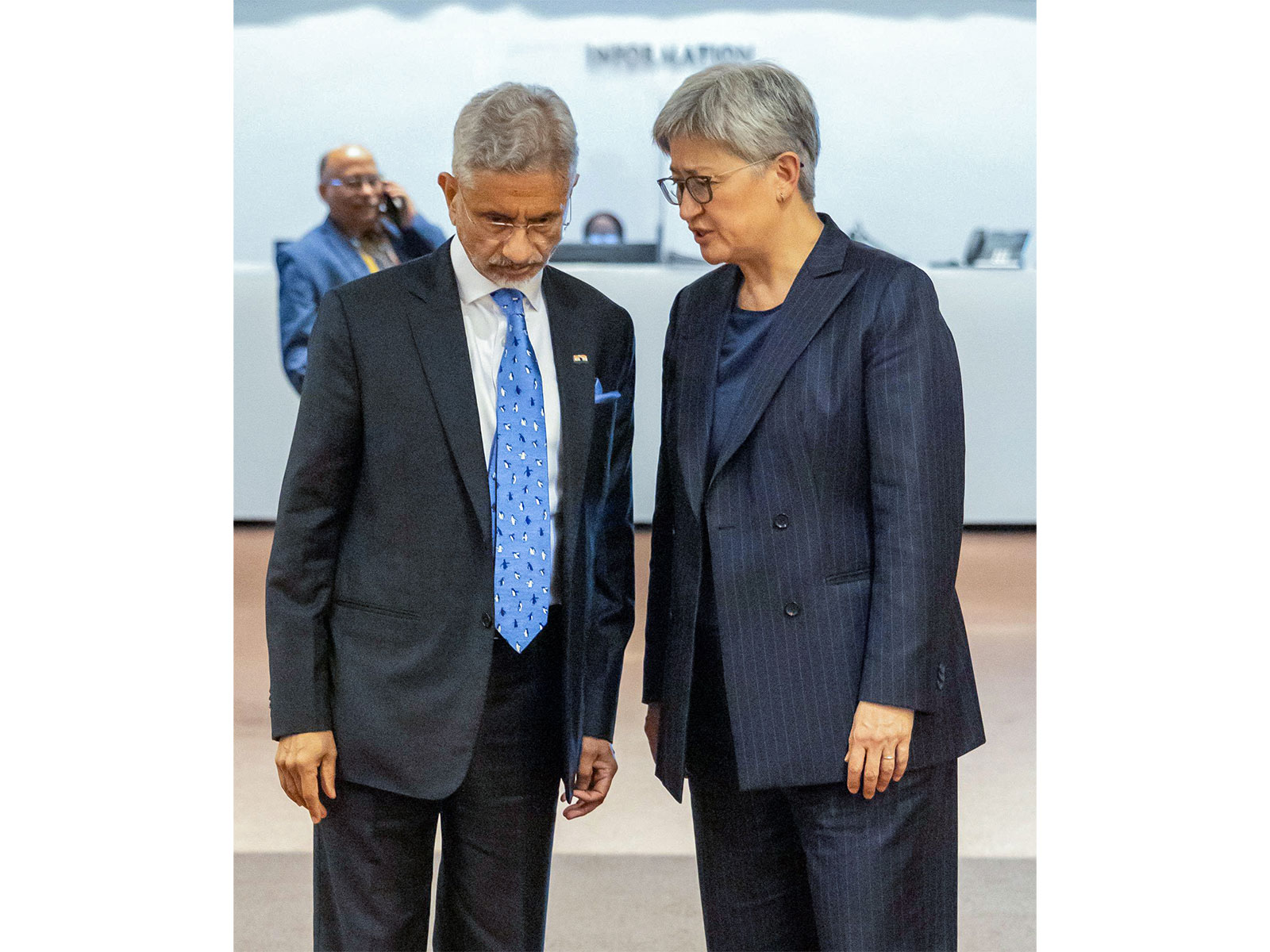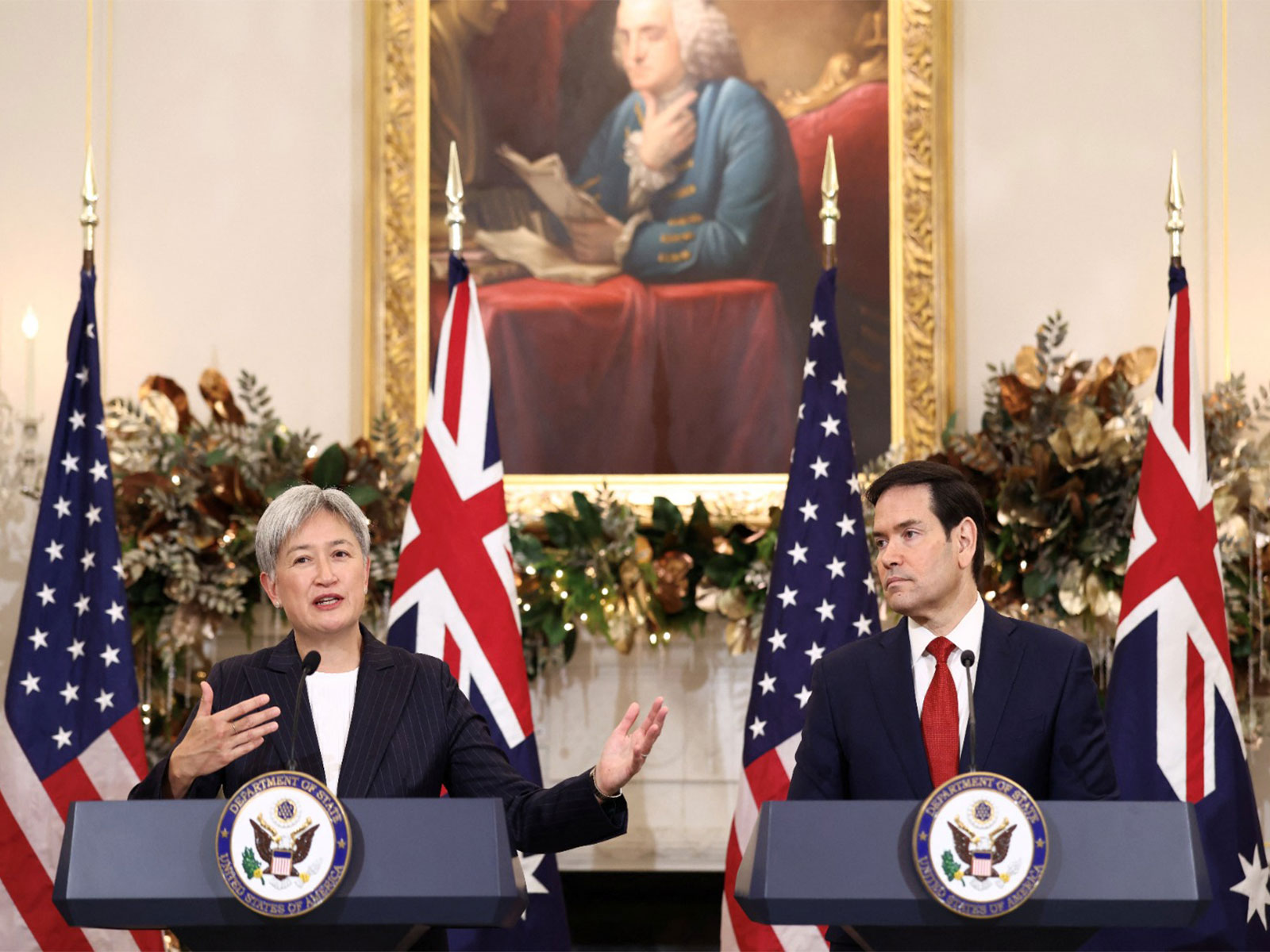Vatican City, April 22 (ANI): Speculation has intensified over Pope Francis’s successor, with media outlets predicting the outcome of the papal conclave remains challenging, as the cardinals’ positions can shift with each vote.
The New York Times has named several potential candidates for the next head of the Roman Catholic Church Here are some of the contenders.
Pierbattista Pizzaballa
Pierbattista Pizzaballa, a 60-year-old Italian and the Vatican’s leading official for Middle East affairs, is regarded as a strong contender. Despite being named a cardinal only in 2023, his extensive experience in the Middle East has elevated his profile. If selected, Cardinal Pizzaballa would be the first Italian pope since John Paul I in 1978. However, experts view him not just as an Italian figure but as an international one and removed from Vatican politics, having spent much of his career in Jerusalem.
Pietro Parolin
Cardinal Pietro Parolin, 70, has been Pope Francis’ second-in-command since 2013, when Francis made him secretary of state. In that role, the cardinal is in charge of overseeing internal church affairs and guiding foreign policy. A soft-spoken Italian and mild-mannered centrist, Cardinal Parolin is deeply familiar with the Curia, the church’s central administration, as well as of the Vatican’s vast international network, having served for over 20 years as a diplomat and under secretary at the Vatican-based body that oversees its international relations. He has spoken at international conferences on the Israeli-Palestinian conflict, climate change and human trafficking. He is also an expert on Asia, and Vatican watchers consider him the mastermind of the progress the Vatican has made in recent years on building relations with China and Vietnam, the New York Times reported.
Fridolin Ambongo
Cardinal Fridolin Ambongo, 65, the archbishop of Kinshasa, has been seen as a potential successor to Pope Francis since becoming a cardinal in 2019. As the Catholic Church grows rapidly in Africa–home to 18 per cent of the global Catholic population and the most seminarians–there is increasing interest in the idea of an African pope. Cardinal Ambongo has been close to Pope Francis, one of just nine members of an advisory group known as the Council of Cardinals. But the cardinal led the opposition to Francis’ 2023 ruling that the church should bless homosexual couples.
Luis Antonio Tagle
Cardinal Luis Antonio Tagle, 67, from the Philippines, has earned the nickname “Asian Francis.” Made a cardinal in 2012 by Pope Benedict XVI, Tagle would become the first Asian pope if chosen. A close ally of Pope Francis, he has supported and accompanied him on several key visits to Asia, including a demanding 11-day tour of Southeast Asia and the Pacific in 2024.
Matteo Zuppi
According to the New York Times, Cardinal Matteo Maria Zuppi of Italy, 69, stands out among the contenders who reflect Francis’ view that the church should be representative of and support the poor. Francis promoted the progressive native of Bologna to the rank of cardinal in 2019 and assigned him several important missions. Some experts speculate that Francis would have likely favoured him as his successor, although the pope never weighed in publicly on the matter.
Peter Erdo
Cardinal Peter Erdo, 72, of Hungary, is seen as a leading conservative candidate for pope, supported by those who back the traditional values of Popes John Paul II and Benedict XVI. Appointed a cardinal in 2003, Erdo is a canon law expert and respected diplomat with strong ties to Latin America and Africa. Known for interfaith outreach and support against rising anti-Semitism in Hungary, he also served as president of the Council of the Bishops’ Conferences of Europe for a decade, from 2006 to 2016.
Anders Arborelius
Bishop Anders Arborelius of Stockholm, 75, who converted to Catholicism at age 20, is Sweden’s first Catholic cardinal. Although Sweden was once predominantly Lutheran and is now largely secular, it is one of the few European countries where the Roman Catholic Church has grown in recent years. In a recent interview, Cardinal Arborelius said the biggest challenges facing the Church were building bridges in a polarised world, giving greater influence to women within the Church, and helping families pass on the faith. He also warned of political currents potentially dividing the Church, the New York Times reported.
Pope Francis (88) passed away at his residence, Casa Santa Marta, in the Vatican on April 21.
The next pope will be chosen by a College of Cardinals, the Catholic church’s most senior figures appointed by the pontiff, in Rome in the next few days for the conclave. As of April 19, there are 252 cardinals, from over 70 countries, out of whom 135 are eligible to vote in a conclave to elect a new pope.
Votes are taken each day, morning and afternoon, until a candidate wins a two-thirds majority. If there is no conclusive result after 30 ballots, a candidate will be elected on a simple majority.
The longest papal conclave in recent history was 1922, when the cardinals took five days to choose their new leader.
After each round of voting, the ballot cards are burned. Chemicals are added to make the smoke black or white. Black smoke emerging from the chimney indicates an inconclusive ballot, while white smoke announces to the world that a new pope has been elected. (ANI)
Disclaimer: This story is auto-generated from a syndicated feed of ANI; only the image & headline may have been reworked by News Services Division of World News Network Inc Ltd and Palghar News and Pune News and World News
HINDI, MARATHI, GUJARATI, TAMIL, TELUGU, BENGALI, KANNADA, ORIYA, PUNJABI, URDU, MALAYALAM
For more details and packages




